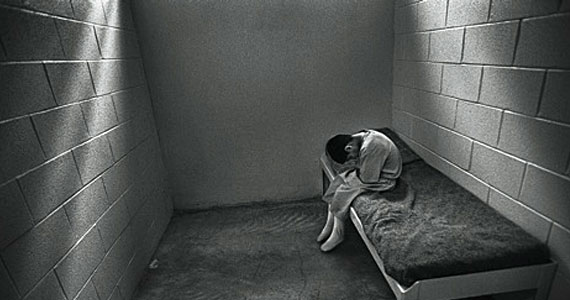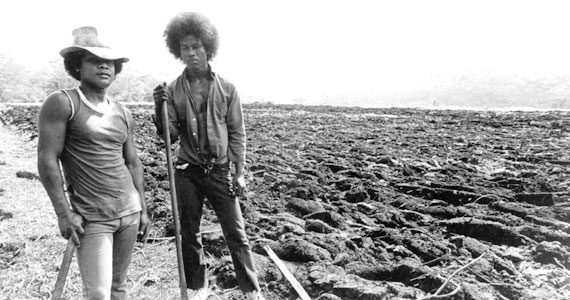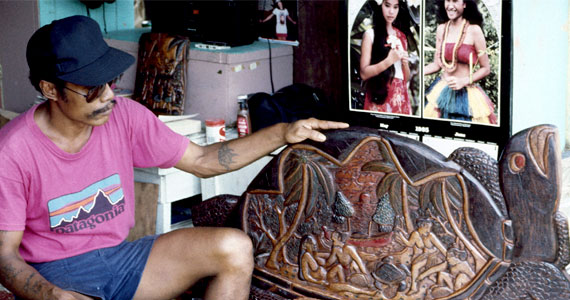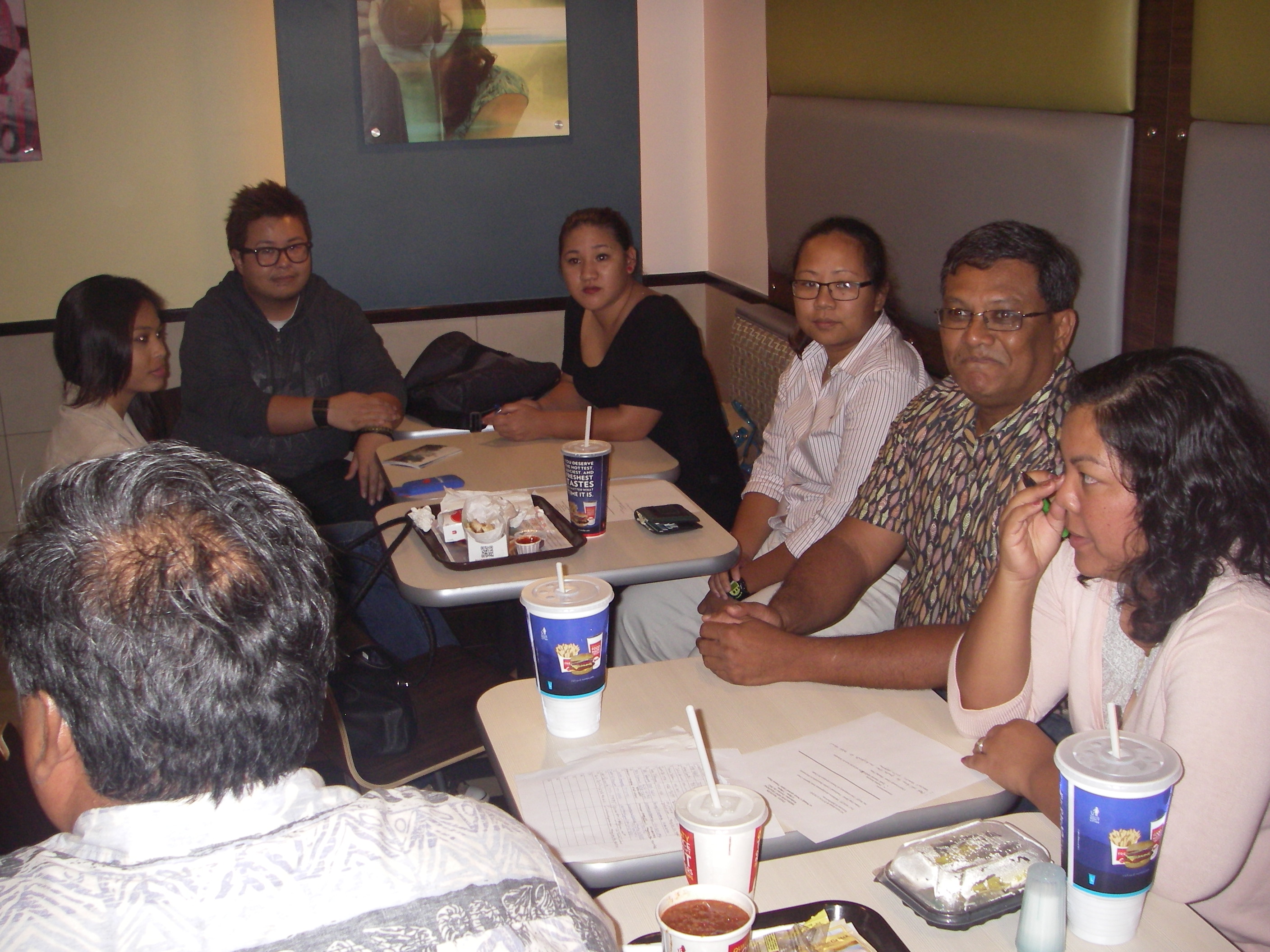Doing Time
When a person entered the walled town he might be greeted by the sight of heads impaled on stakes or a decaying corpse swinging from a tree. Centuries ago, long before there was a United States of America, European kingdoms had their macabre ways of posting warnings that crime was not tolerated there.? Beware, all you who think that you can plunder and kill and plot against rulers, for this will be your fate.
As Adam Gopnik pointed out in his New Yorker article (1/30/12), we?re too civilized to do such things today.? We reject ?hanging and flogging and disembowelling? as barbaric. We simply lock people up and let them rot for decades.? They are doing time, waiting for one day to end and another to begin, all of the days empty and all very much the same.? ?Time goes by so slowly, but time could do so much…? the Platters once sang in their hit ?Unchained Melody.? Gopnik notes that ?the presence of time as something being done to you, instead of something you do things with, alters the mind at every moment.? ?What a waste!
Other modern countries around the world, despite their historical differences, have an incarceration rate of about one in a thousand.? The US is an unfortunate exception.? Even back in 1980 the rate was over two per thousand?double that in other parts of the world.? Thirty years later it was more than seven per thousand.? Today, Gopnik points out, there are some six million Americans under the correctional system?more than in the Gulag during the worst days of the Stalin era in the USSR. If incarcerated Americans were combined in one huge penitentiary, they would form the second largest city in the nation.
Either Americans are far nastier than any other people on the planet, or there is something terribly wrong with the US justice system.? Since I?m an American myself, I would prefer to believe the latter.? Some people need to be put away to keep the rest of us safe.? But not much good can come from warehousing millions of people who don?t constitute a threat to their neighbors.? ?The point of the justice system,? Gopnik wisely observes, ?should be to identify that thousandth guy, find a way to keep him from harming other people, and give everyone else a break.?
For Americans today the formal is simple: punishment equals jail time, no matter what the crime. The failure in imagination is stunning. Why can?t we make better use of community service, large fines, personal apologies and restitution to victims, supervised work on the outside with part of the salary going to pay costs of parole?? Anything would more useful, and perhaps more rehabilitating as well, than sitting in a cell all day long waiting for time to pass.





